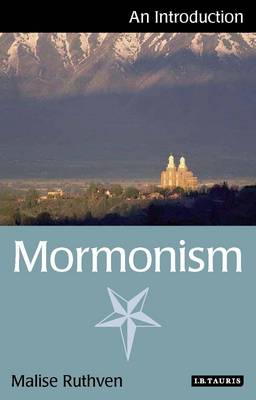I.B. Tauris Introductions to Religion
1 total work
Mormonism is often viewed as the quintessential American faith. Indeed, 'they teach the American religion' was how Tolstoy once responded to a question about the Mormons. Mormonism was the first and most successful new religion to appear in the New World where, despite the biblical language of its narrative, it created a novel and dynamic theology that was vitally different from the Protestant Christianity from which it originated. Today the Church of Jesus Christ of Latter-day Saints (LDS) is one of the wealthiest and most powerful institutions in the USA. Its clean-cut, youthful missionaries appear as representative of American values as the executives of Citibank and comparable US institutions. Yet at the heart of the Mormon story is a remarkable paradox. Despite their present-day image as 'archetypal Yankees', Mormons were long perceived as 'un-American' in their utopian socialism and in the hard battle they fought - and eventually lost - to preserve the sacred principle of polygamy, or 'plural marriage'.
In his lively and timely reappraisal of its apparent contradictions, Malise Ruthven discusses the emergence of Mormonism as a world religion; its theology, structure and rituals; the career of the Saints' charismatic founder, Joseph Smith, culminating in his assassination in 1844; the theocratic rule of Smith's successor, Brigham Young; the 1890 'Manifesto', when polygamy was abandoned in exchange for Utah statehood; the emergence of a Mormon Diaspora after World War 1; and the impressive growth of Mormonism outside the old American West after World War 2.
In his lively and timely reappraisal of its apparent contradictions, Malise Ruthven discusses the emergence of Mormonism as a world religion; its theology, structure and rituals; the career of the Saints' charismatic founder, Joseph Smith, culminating in his assassination in 1844; the theocratic rule of Smith's successor, Brigham Young; the 1890 'Manifesto', when polygamy was abandoned in exchange for Utah statehood; the emergence of a Mormon Diaspora after World War 1; and the impressive growth of Mormonism outside the old American West after World War 2.
